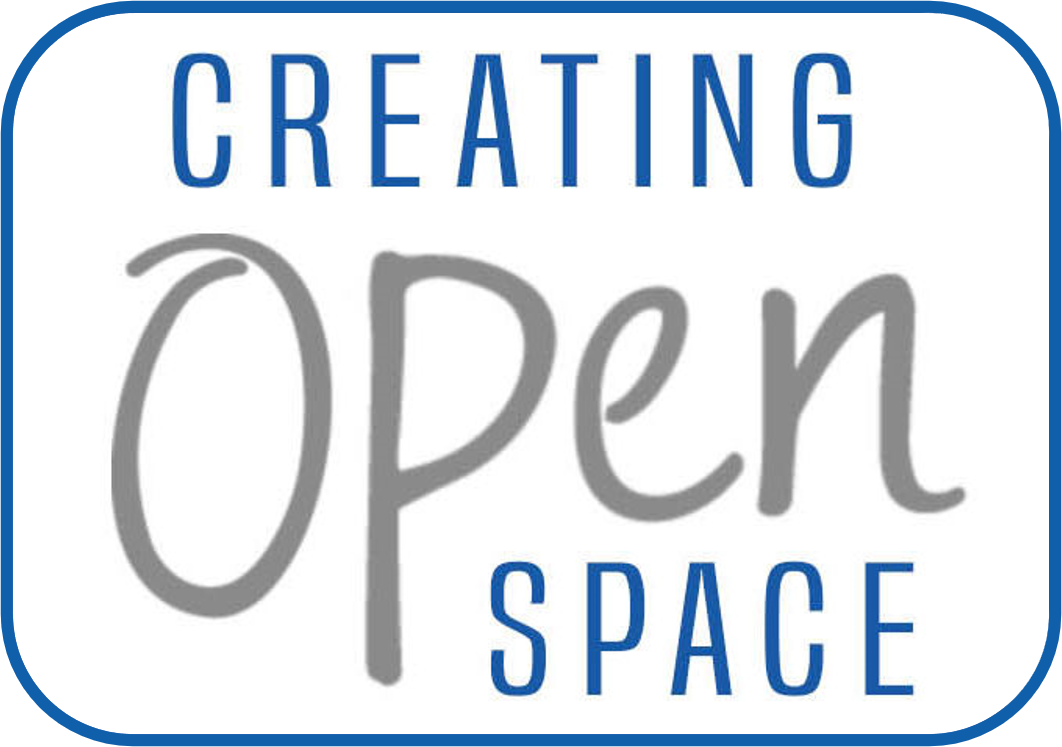Improving Mental Health Through the Workplace
Since 1949, the United States has set aside the month of May to highlight the importance of mental health. This year, more than ever, I was inspired by the stories that were shared in public forums, and moved by images of workplaces doing more to support the #mentalhealth of their people.
In case you didn’t catch them, here are a few of the more startling statistics:
· 21% of adults struggle with mental illness (National Association of Mental Illness, 2020)
· Young adults have the highest rate of serious mental illness (9.7%) (National Institute of Mental Health)
· Less than 50% of adults receive mental health services (National Institute of Mental Health)
· Depression and anxiety alone cost the global economy upwards of $1 trillion in lost productivity annually (National Association of Mental Illness, 2020)
On a personal note, I’ve had my own mental health challenges, dating back to a life-threatening struggle with anorexia and exercise bulimia that manifested just before starting graduate school. I’m eternally grateful to my Ph.D. advisor, Steve Zaccaro, for staging an intervention that surely saved my life. I’m equally grateful for my boss and colleagues who, just a few years later, supported a leave of absence so that I could get the level of treatment I needed to break free. The nonprofit I founded, Rock Recovery, was born from my experiences with the gaps between residential care and local/community resources. It plays a crucial role in the fabric of the mental health community in the DC Metro area, and proves over and again that well-being is possible, even when it first requires breaking free from mental illness.
The statistics above make it clear that investing in the mental health of our people is imperative. But how often does an organization ask me to build a mental health element into their leadership program? And how often have I pitched a mental health element to a leadership program? Never and never — at least not yet. Over lunch this winter, a colleague, Dr. Lori Zukin, met to discuss our mutual interest in bringing mental health and well-being more directly into our work with leaders, teams, and organizations.
So here we go. Here are three offers that I’m putting out to you, my readers, and to those you share this with, and to the universe at large.
1. If you’re interested in well-being coaching, for yourself or for your team/organization, let’s talk.
2. If you’re interested in a well-being program that tackles the intersection of leadership and mental health, let’s talk.
3. If you’re interested in a well-being workshop or team building event, let’s talk.
Here’s to a future in which well-being and mental health are used interchangeably, where mental illness is given as much respect and attention as any other health condition, and where work is a place that our people feel understood, cared for, and supported.
